The following interview is an excerpt from Judy Kain’s book, I Booked It:
Judy: Tell me the ways actors blow a job.
Ross: Actors can shoot themselves in the foot for sure. They come in and talk too much. The kiss of death is to talk about how great the product is, like, “Oh, man, I really do drink Budweiser!”
Some of it comes down to the fact that the agency and the director are all going to be hanging out with you for 12 hours a day when you’re shooting. IF there are two choices and one of them is friendly and nice and then one of them is annoying (and they both can do the job), then definitely the friendly, nice one is going to get the job, because it comes down to who do I want to spend my day with.
So personality does come into play. You don’t want to overstep your bounds-you don’t know us that well, we are not your friends at that moment, you’re there in the audition room to do a good job, but that doesn’t mean you can’t be personal and get a laugh out of us, but read the room and act accordingly. Keep it professional.
Judy: When you’re looking at submissions, what stands out?
Ross: An actor should not pick their own picture! Your image of yourself is very different than the truth. The kiss of death is when an actor comes into my office. If I see your picture and I say, “Oh my god, this person is perfect,” I am going to give you one of these valuable 100 slots. Then you come in, and I am like, “Who is this person? This is not that person! This is not this person at all!” That stands out in my mind more than anything, because I have wasted time.
The headshot should be an accurate representation of not only what you look like, but of who you are!
The days of the big smiley commercial shots are gone. It shouldn’t feel like you’re trying too hard. Remember, too, that pictures can’t be too perfect-makeup too perfect, hair too perfect. It comes off overdone, as though you’re trying too hard. I much prefer natural. Your hair should be like it would be if you come in here.
The pictures are not for the agents. They are for us. For casting.
Judy: How can an actor improve his odds of getting chosen for a callback?
Ross: Listen, it is really simple, to be dead honest. I like an actor to come in to the audition room prepared by reading the boards and everything we give you out in the lobby. I pride my office on being one that supplies information to actors. It doesn’t come off as a good audition if you don’t have the information. The way I continue to get more jobs is by doing a good job and sending that link out at night.
We need you guys as much as you need us, so I want to give you the best opportunity when you’re in there. Ultimately, that is what we are trying to do.
You actors put yourself on the line so much and it is such a vulnerable place to be. The easiest, safest thing to do to protect yourself is to talk to your friends while you’re in the lobby, and come into the room and do a good job, not a great job, not a bad job-it’s fine. Then when you don’t get the job, you say, “You know, I really wasn’t prepared. If I really prepared, then I would have gotten the job.” But it’s scary then; what if you are prepared and you don’t get the job?”
Listen to the people we have in the lobby and the people who run the session; we have access to the director and the client and talk to them, and we know, hopefully, what they are looking for. We are going to give you that information as best we can.
It is not that we want a homogeneous tape; we want you to bring your own vibe or your own unique thing to it. When we talk to you, it’s like, “Here are the parameters of what we are looking for, so within those parameters of what we are looking for, so within those parameters, give us something, but we need you to hit these three beats because we know they want that.”
I remember doing an improv scene when I was an actor. It was a party scene; everyone was trying so hard to get noticed, to be seen, thinking here is my opportunity to act, and we were all being loud. And then there was a guy standing against the wall eating chips-he was the person that stood out the most because he wasn’t fighting for the attention.
A lot of times in commercials we want you to do less-down, down, down, less, less. Actors come in here, it is their audition for the week, and they’re thinking, “Here is my opportunity to act!” We want them to do a deadpan look, a frozen moment, and they say, “Okay, got it,” but they are not listening to the direction.
About Ross Lacy: Ross Lacy is a casting director in Los Angeles. His company, Ross Lacy Casting, has cast over 3000 commercials. They provide personalized feedback to actors on their final takes in Judy Kain’s Advanced Callback Class.


